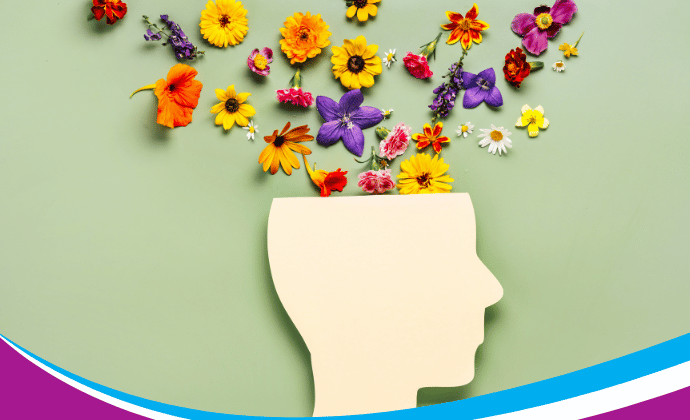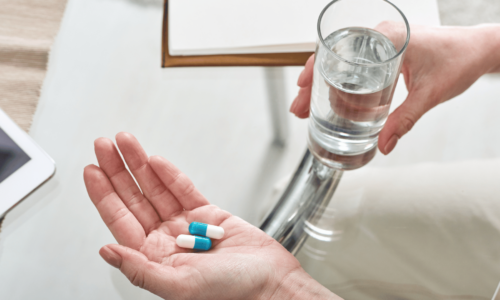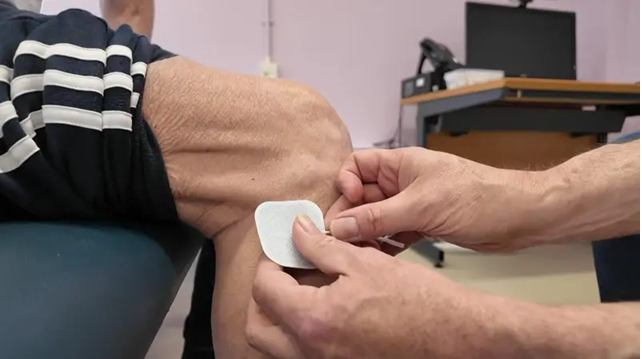“Everything we do, every thought we’ve ever had, is produced by the human brain. But exactly how it operates remains one of the biggest unsolved mysteries, and it seems the more we probe its secrets, the more surprises we find.”
– Neil deGrasse Tyson
The brain is a complex yet fascinating organ. Did you know:
- It contains about 86 billion nerve cells called neurons.
- The human brain is the largest among all vertebrates relative to body size.
- It comprises about 2 percent of a human’s body weight.
- It is protected by the cranium (skull) which is made up of 22 bones that are joined together.
- Parkinson’s is caused by deterioration of the basal ganglia leading to loss of abilities in the area they once controlled – voluntary motor movements.
Many people, living with Parkinson’s or not, worry about potential cognitive change as they get older. But you can take steps to keep your brain as healthy as possible. Researchers have not yet proven ways to prevent or slow cognitive change, but what’s good for your body is likely good for your brain. Exercise regularly, eat a healthy diet, drink alcohol in moderation and avoid cigarettes.
Here is some practical advice and reminders:









